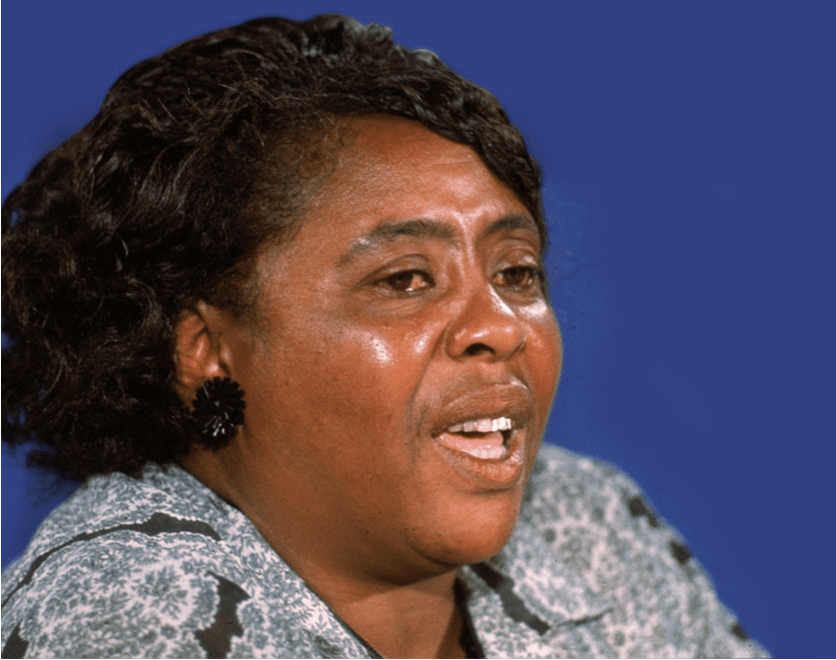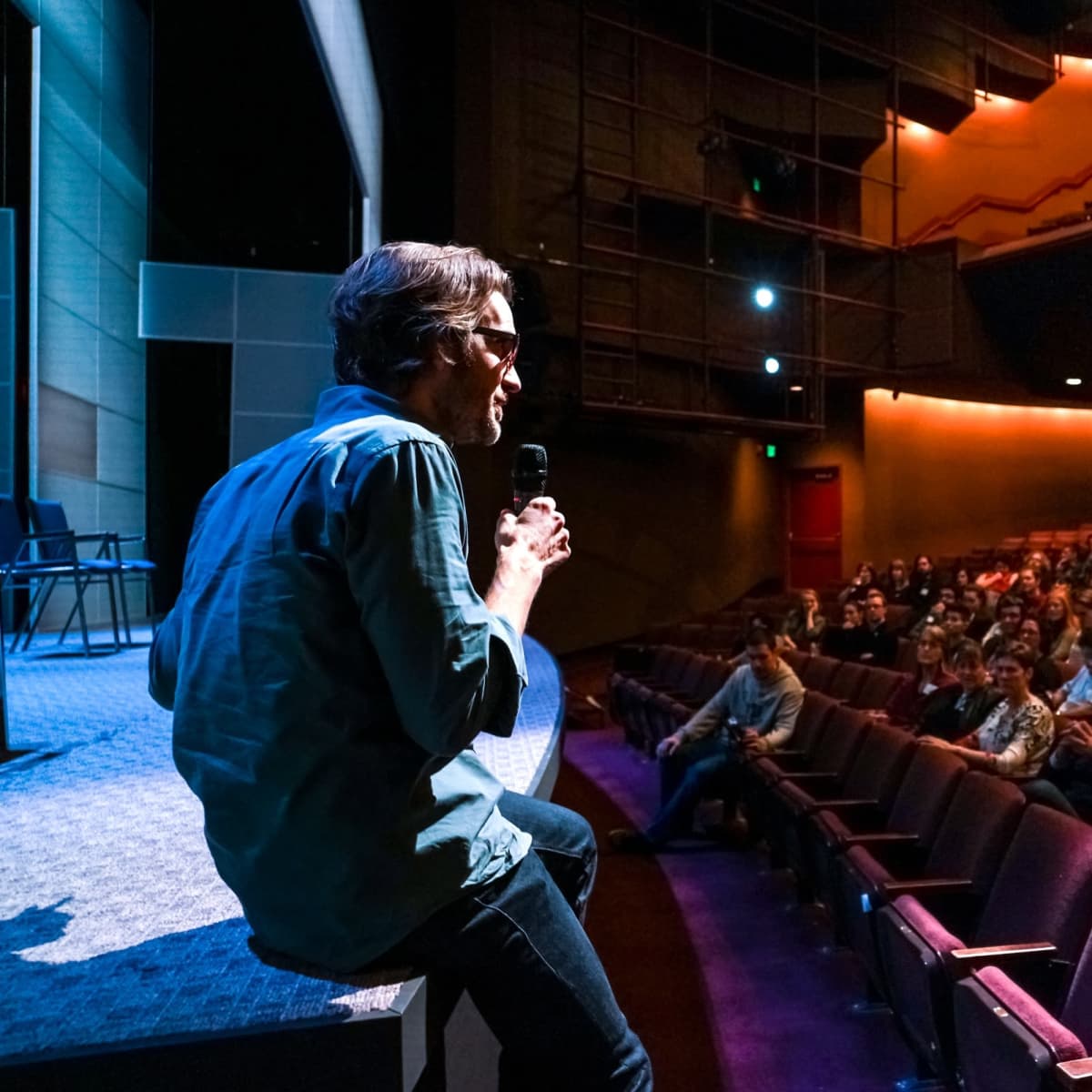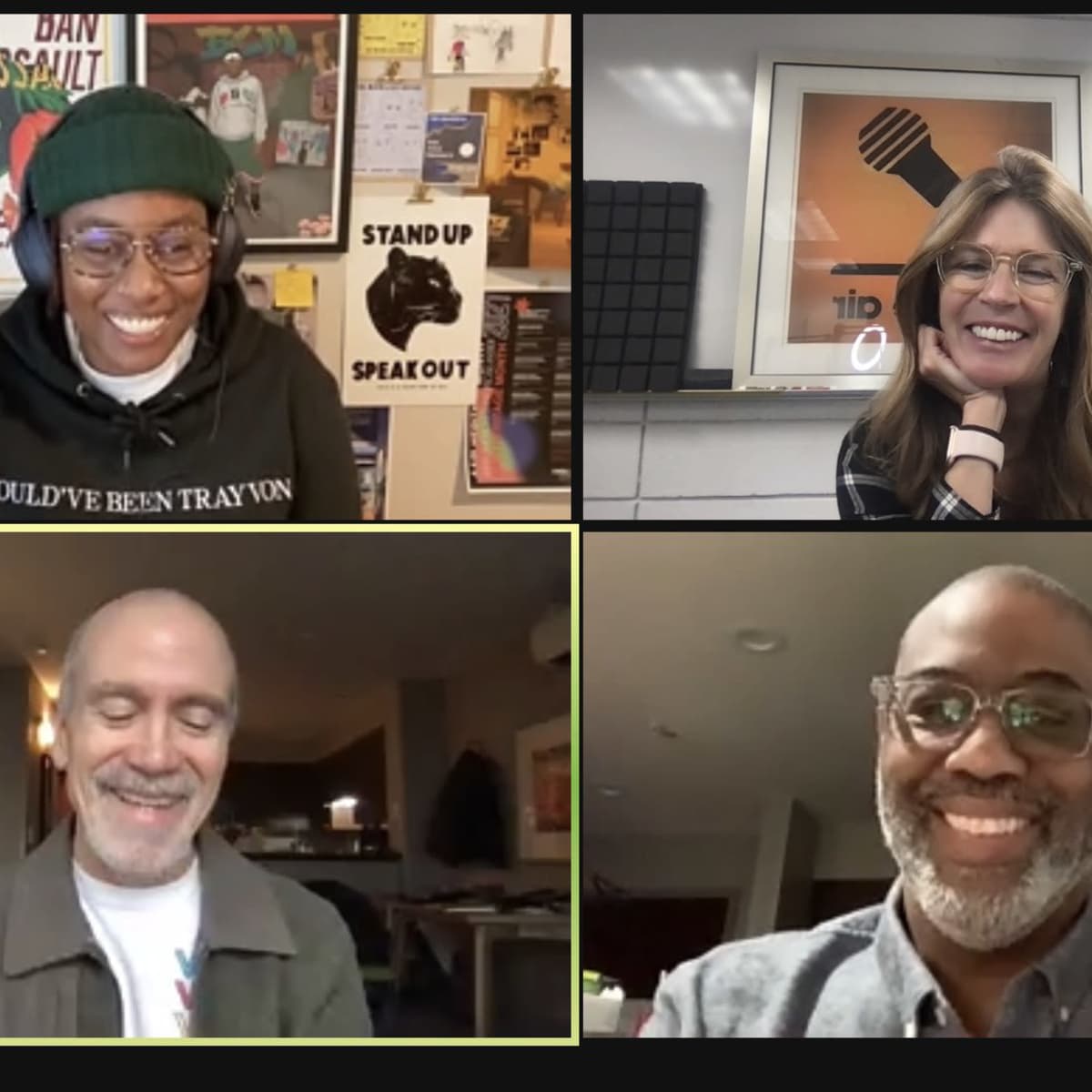WATCH
Truth to Power

Fannie Lou Hamer and Robert Moses with Mississippi Freedom Democratic Party delegates at the 1964 Democratic National Convention.

Fannie Lou Hamer at the 1964 Democratic National Convention.
I started scavenging other narratives of Black women during the movement and I was officially hooked on history. I learned the story of Mary Bowser, who was a covert operative in Richmond, VA during the Civil War with a story that reads like any modern spy flick; how she was a brilliant, free Black woman who had an eidetic memory. Bowser risked life and limb and freedom using various secret tactics like encoded messages in books and hollowed out eggs that contained intel she discovered from the President of the Confederacy, Jefferson Davis. The best part: she did this while undercover in Jefferson's home, right under his nose. I learned about the Combee River Raid planned and led in part by Harriet Tubman, an illiterate woman who experienced bouts of something similar to narcolepsy. This tiny woman with a mighty reputation helped free 700 people in one night! Then there was the story of how the Montgomery Bus Boycott was strategized and in play well before Mrs. Rosa Parks officially sat down. This was because Joanne Robinson and the Women’s Political Council had been putting in the necessary work in Montgomery. Speaking of Mrs. Parks, I learned that her legacy doesn't start or stop with her refusal to stand, but that her true bravery was her work in demanding justice for Black women who are victims of gender-specific assault at the hands of white men like Recy Taylor. I learned that it was Mahalia Jackson, the voice of an era never to be duplicated, who encouraged Rev. Dr. Martin Luther King Jr., during the March on Washington for Jobs and Freedom in 1963, to not talk about the bad checks that America had written Black folks. She instead told him to speak about a dream. It became one of the most famous and quoted speeches in the history of this country.Fannie Lou Hamer and Ella Baker at the 1964 Mississippi Freedom Democratic statewide convention.





